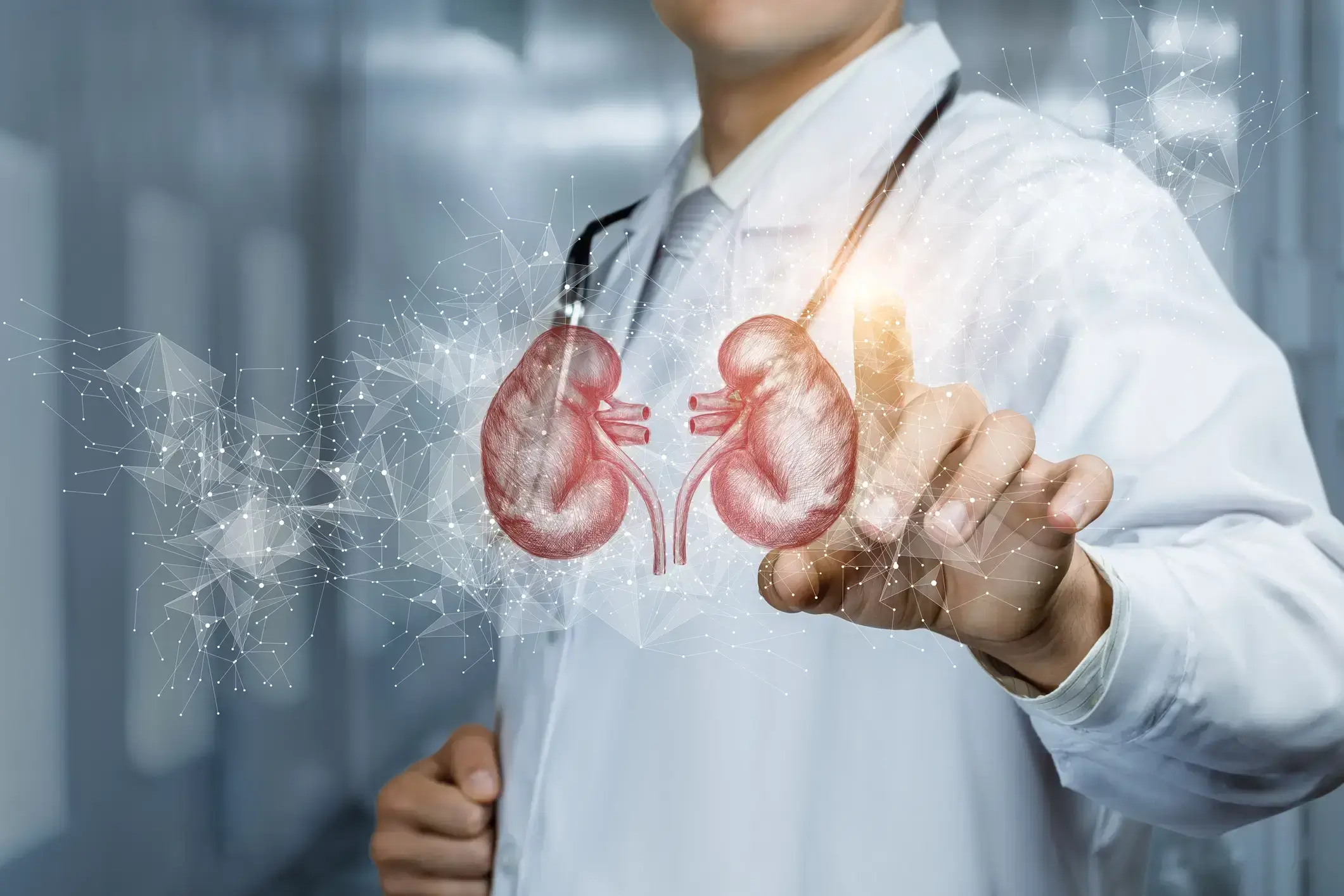03 Feb 2026
Rhinoplasty Revision Surgery in Mohali: Cost When Your First Nose Job Fails


Dr. Raka Kaushal
22 Jun 2025
Call +91 80788 80788 to request an appointment.
The kidney exchange program represents a pivotal change in the landscape of renal transplant procedures. For individuals suffering from kidney failure, a renal transplant is often the most effective treatment option, offering a chance at a healthier and more vibrant life. At Livasa Mohali, our kidney exchange program facilitates the process of finding compatible kidneys for patients in need, particularly those who may not have suitable living donors. This initiative is not just about saving one life but about creating a network of altruism and hope within the community.
By enhancing donor matching through a series of complex algorithms and local collaboration, kidney exchange programs have significantly increased the chances of successful transplantation. As we delve into the specifics of these programs at Livasa Mohali, we aim to explore how they function, their advantages, eligibility criteria, and the role of modern technology in shaping these initiatives.
Kidney failure occurs when the kidneys can no longer filter waste and excess fluids from the blood effectively. This condition can arise from various causes, including diabetes, hypertension, polycystic kidney disease, and glomerulonephritis. The implications of kidney failure are profound, leading to a buildup of toxins in the body and necessitating treatment options such as dialysis or transplantation.
A kidney transplant is considered a superior treatment option compared to ongoing dialysis, as it can restore kidney function entirely, allowing patients to lead a more normal life. However, the shortage of suitable organs poses significant challenges. As of recent statistics, there are over 300,000 people in need of kidney transplants in India alone, highlighting a critical gap between the available organs and the growing demand.
Kidney exchange, or paired donation, is an innovative solution designed to overcome compatibility issues between potential transplant donors and recipients. In a typical scenario, a donor may wish to give a kidney to a relative or friend, but they may not be a compatible match due to blood type or other immunological factors. The kidney exchange program allows for pairs of donors and recipients to swap kidneys, thereby increasing the likelihood of finding a suitable match.
For instance, if 'Donor A' is incompatible with 'Recipient A', but compatible with 'Recipient B', and 'Donor B' is incompatible with 'Recipient B' but compatible with 'Recipient A', a swap can be arranged. This exchange can significantly increase the pool of available kidneys and ensure that more patients receive the transplants they desperately need.
The process of kidney matching in an exchange program involves several detailed steps. Initially, potential donors undergo extensive health evaluations to ensure their suitability and to identify possible candidates for matching. The primary factors considered during compatibility assessment include:
Once potential matches are identified, the transplant center can perform the necessary surgeries in a controlled manner, ensuring that all parties involved are appropriately prepared and that organ transport logistics are coordinated efficiently.
At Livasa Mohali, we recognize the transformative impact of kidney exchange programs on patients needing transplant. The benefits are manifold:
While kidney exchange programs are designed to assist matched pairs of donors and recipients, there are specific eligibility criteria that individuals must meet to participate:
Advanced technology plays a crucial role in streamlining the kidney matching process. Algorithms utilize data from previous surgeries, patient records, and compatibility tests to optimize matches efficiently. The implementation of robust database systems allows for:
Kidney exchange programs have seen remarkable success globally. Research indicates that living donor transplants have a longer lifespan than those from deceased donors, often lasting 12 to 20 years or more. At Livasa Mohali, several patients have shared their gratitude and positive experiences:
Case Study 1: Anil, a 45-year-old man, received a kidney through the exchange program when his brother was incompatible. After a successful transplant, Anil felt revitalized and returned to his active lifestyle within months.
Case Study 2: Priya, a young mother of two, was struggling with advanced kidney disease. By participating in an kidney exchange program, she was matched with a donor, allowing her to receive a kidney transplant and continue her role as an active and engaged parent.
Kidney exchange programs at Livasa Mohali embody the spirit of hope, compassion, and community. By leveraging modern medical practices and fostering altruism, we move closer to solving the kidney transplant crisis. Patients gain not only a new lease on life but also a chance to contribute to the widening circle of generosity within society.
As awareness about kidney health and the availability of living donation options continues to grow, we encourage individuals to consider signing up for the program or even becoming a living donor if they are eligible. Understanding the importance and impact of kidney exchange is crucial in how we approach kidney health and transplantation in Punjab and beyond.
If you or a loved one are considering joining the kidney exchange program, book an appointment at Livasa Hospitals today. For more information about the kidney donation procedure in Mohali and to speak with our dedicated nephrology specialists, please feel free to contact us.
Rhinoplasty Revision Surgery in Mohali: Cost When Your First Nose Job Fails
Plastic Surgery After Massive Weight Loss: Body Contouring Packages in Mohali
ENT + Cosmetic in Mohali: Septoplasty for Breathing with Cosmetic Rhinoplasty Offers
Livasa Healthcare Group Corporate Office,Phase-8, Industrial Area, Sector 73, Sahibzada Ajit Singh Nagar, Punjab 160071
| Mohali | +91-99888 23456 |
| Amritsar | +91-99887 49494 |
| Hoshiarpur | +91-99883 35353 |
| Nawanshahr | +91-75081 82337 |
| Khanna | +91-98888 05394 |